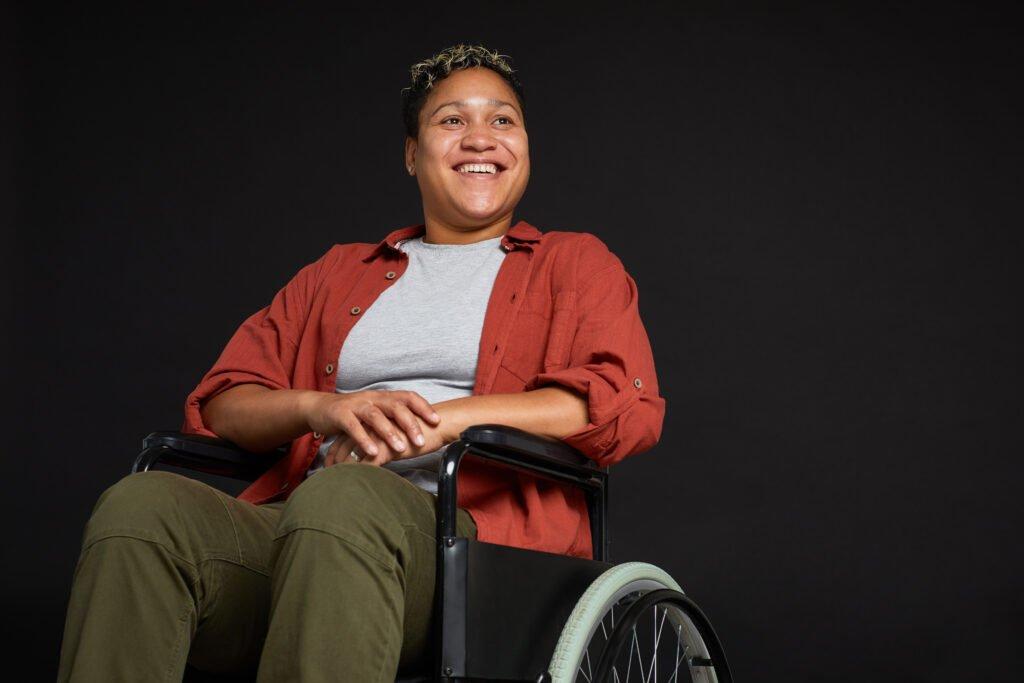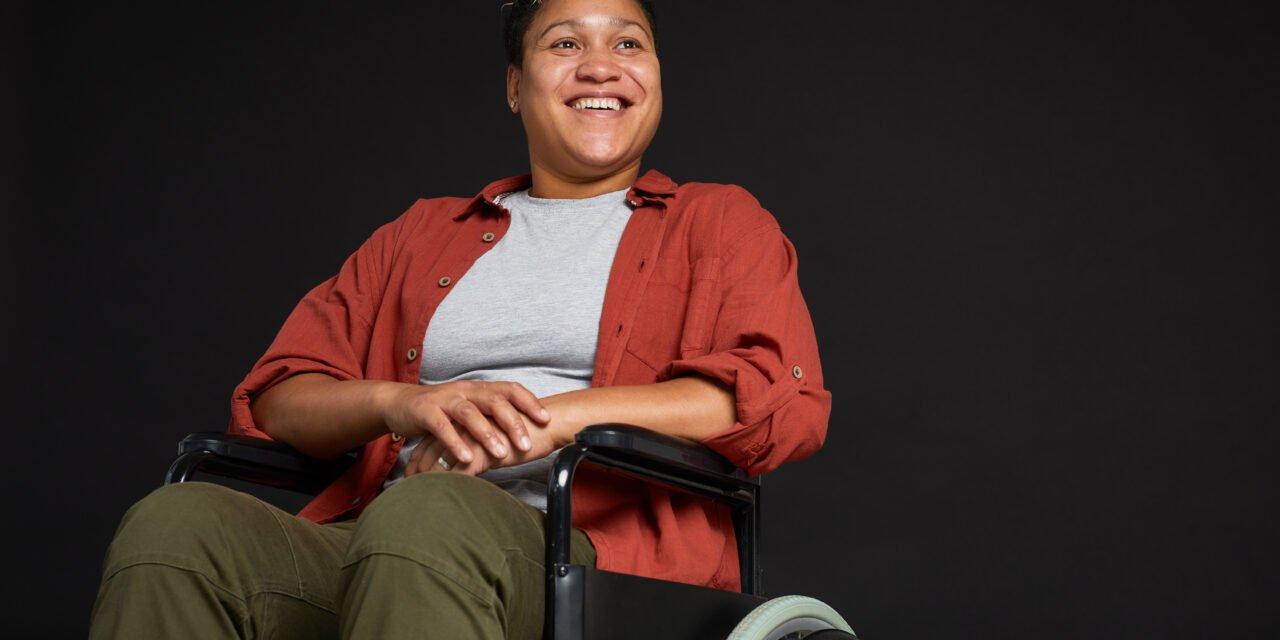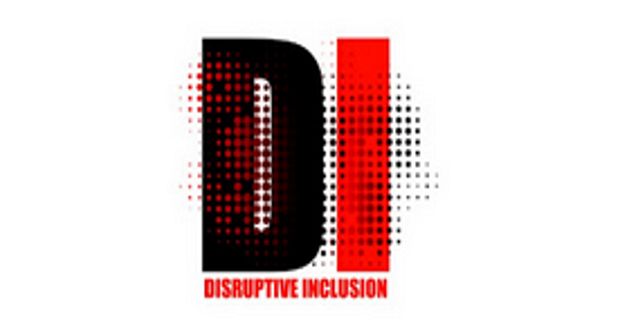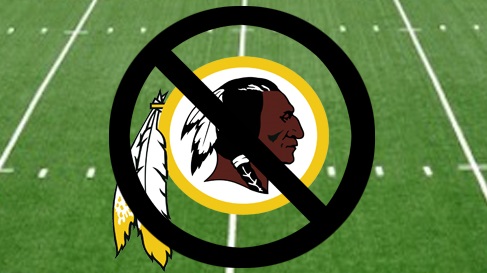
For a variety of reasons, someone will often ask me how I ended up working in DEIJ+. While I know they mean my day job, I often take them on a deeper journey with me to fully understand. This includes starting with how trying to name and process my own identities led me down this path and created the trajectory for me to pursue what is now a profession for myself and others.
I often share the story of when I was in college and first learned the language that described my multi-hyphenate identity, acknowledging what it meant to forever live in the borders/on the fringe. It was so liberating and finally gave me the vocabulary to describe the day-to-day experiences I encountered. Being able to understand how I stood across multiple experiences allowed me to have a deeper understanding and reflect on how that could happen for others. As I began my career in a non-DEIJ space, I was able to apply this understanding to my work. Eventually, my experience expanded, and I transitioned into working fully in the developing DEIJ space.
I have been fortunate enough to traverse across industries and functions and to turn my life’s work into a day job, as well as the way that I live my life. Often, folks at work will hear me say that I’m here because of my role and also that this work is most meaningful if each of us is living through DEIJ+ in our whole lives — not only at work. This sometimes surprises people, especially when I add borrowed language from an esteemed colleague who says while some of us may have “functional” responsibility for DEIJ+ (for example it’s my job), all of us should have accountability. This means it requires us to look at the work from a more holistic approach. The way I see it: It’s my job and the way I live my life. It could be the best way for us to all lead our lives: With an appreciation of diversity, an inclusive approach, a lens toward equity, and an arc for justice always. To challenge what we’ve been told, taught, and socialized toward, consider limitations of our thinking, and to stay open to multiple perspectives. How many in our lives would benefit from this and how would we as global citizens grow and expand? It’s these and so many other questions that allow us to question how our humanity shows up — not just at work but in all we do.
This writing takes place during yet another horrific set of world experiences and has left me and so many around the world saddened at the lack of humanity. We are faced once again with deeply limited perspectives and an idea that support of one means we can’t support others. This is a false binary construct and yields so much harm.
The false binary is causing harm physically as thousands of lives are lost, and metaphorically as a refusal to consider limiting perspectives many have been led to believe. It exists in the idea that calling for a ceasefire or recognizing the horrors faced by those in Gaza or Palestine can’t coexist with acknowledging antisemitism. We can absolutely do both. Getting informed and engaged can help so that we can support and acknowledge the suffering that is experienced by our colleagues and communities across these and other identities and experiences.
When someone can’t recognize the humanity of every person, it illuminates so much. Peace and justice aren’t complex or contentious — what is, at times, is our ability to consider the lived experiences of those we may be less familiar with, or those who’ve been consistently marginalized and therefore unable to garner broader media or social attention. So, who will commit to setting the record straight, taking the time to learn, unlearn and/or relearn to be able to offer a new or different perspective?
Applying DEIJ+ principles allows me to center the experiences of those who have been traditionally minoritized or marginalized while challenging what’s often been the status quo and which we sometimes cannot even recognize. This requires putting our fears aside often and maybe even risking some of our social and employment capital as we live into our values. This is not easy work to live by; it is, however, a way that can allow us to align our work and life — at least for me.



















